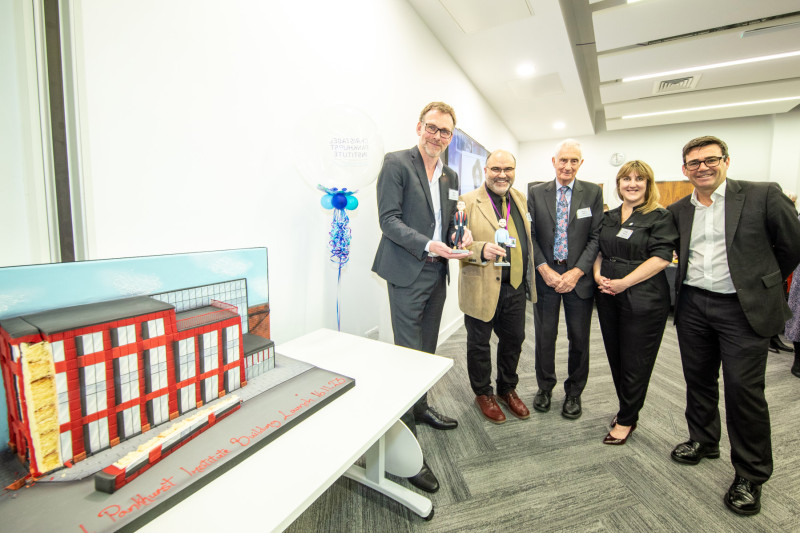As part of an ambitious plan set out by Greater Manchester Local Industrial Strategy, in an effort to boost the city-regions provision and capabilities, the institute will play a critical role in pulling innovations through from basic research to market-ready products and services. These products and services can then be accelerated into clinical use through Greater Manchester’s integrated health and care system and established innovation pathways. The building is at the centre of the University’s campus on the Oxford Road Corridor, and will provide support for business growth by facilitating stronger collaboration between the NHS, researchers and the outer industry.
Speaking at the launch event, President and Vice-Chancellor Nancy Rothwell said: “The establishment of this Institute’s flagship building is emblematic of our commitment to harness the power of technology and innovation to enhance the well-being of individuals and communities. It embodies our dedication to advancing healthcare solutions, fostering breakthroughs in technological research, and helping improve the overall quality of life for people across the spectrum of health and care needs.”
This event also marked the launch of the Pankhurst Institute’s gallery, which is positioned on the ground floor of the new building. The gallery provides a brief history of history of Dover Street and the surrounding area – with notable residents including the Pankhurst family, Friedrich Engels and writer Elizabeth Gaskell, as well as the journey of the building design and it’s efforts towards sustainability.
Mayor of Greater Manchester and Greater Manchester Business Board member, Andy Burnham, was in attendance to celebrate the Institute’s opening. He said: “The Christabel Pankhurst Institute supports world-leading and truly unique research and innovation, and it deserves an equally remarkable home. This fantastic new building is a welcome addition to the Oxford Road Corridor and will support the growth of the Institute for years to come, further cementing Greater Manchester’s reputation as a hub for health innovation.”

